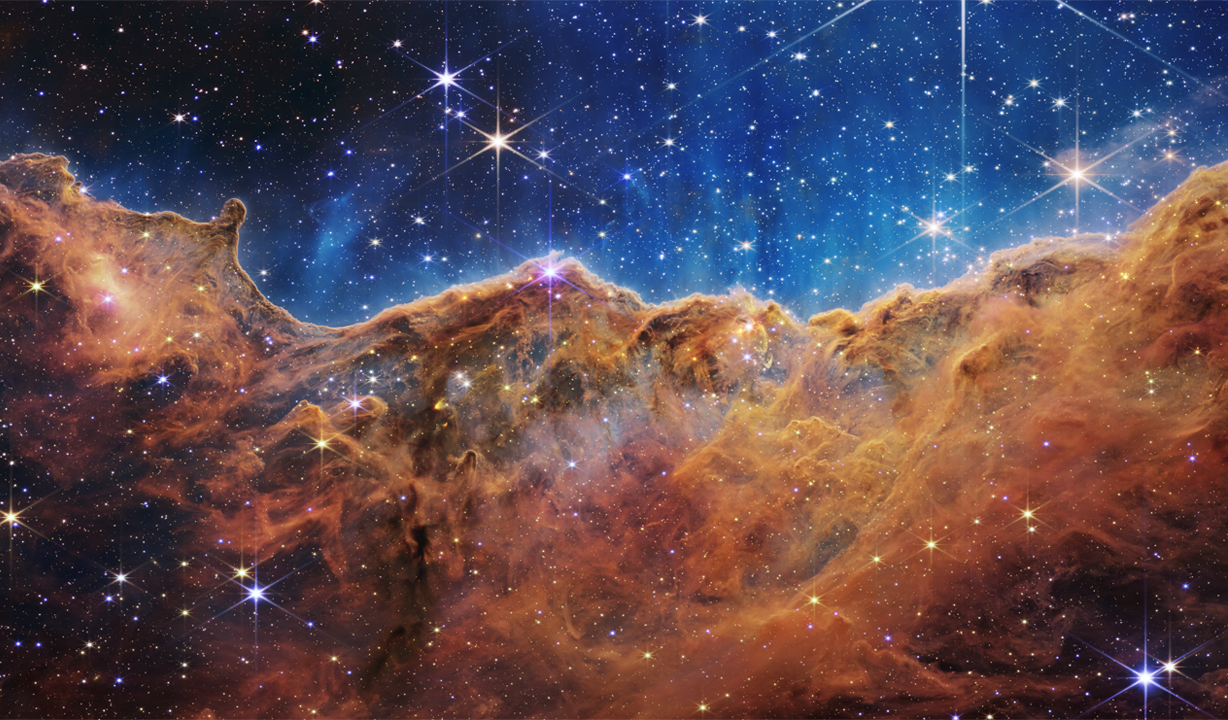Jewish cosmology was not something entirely novel, but it had some similarities to ANE cosmologies.
Most students of the Bible are probably aware that the Old Testament authors followed the cosmological model used in Mesopotamia and Egypt.
https://isthatinthebible.wordpress.com/ … -theology/
It is not likely their portrayal of the universe was attempting to only make metaphysical claims. That is, they were not attempting to describe what the universe actually is. Instead, they were using metaphorical language to convey symbolic meanings.
The first thing to say about Jewish cosmology is that it is not interested in the physical properties of the cosmos per se but only in relation to the fate of man, and hence is decidedly anthropocentric in its outlook. It views the universe, created by God, dualistically as consisting of two opposite elements, heaven and earth. Heaven, the spiritual world, is the diametrical opposite of earth, the material world: it is a world of light, perfection, goodness, wisdom and eternal life, whereas the earth is a world of darkness, imperfection, wickedness, ignorance and death.
https://brewminate.com/jewish-cosmology … n-context/
The “scientific” approach to cosmology only started during the time of the Greeks, even though they also had some religious views in their cosmology. So, it would be anachronistic to impose the early Hebrews needed to approach cosmology with a scientific mindset.
The ancient Hebrews had a very imperfect conception of the structure of the universe. Gen. i. was not written to be a scientific treatise. It was to impress and to express the twin-doctrine of God’s creative omnipotence and of man’s dignity as being destined on earth to be a creator himself.
https://www.jewishencyclopedia.com/arti … -cosmogony
One thing that stands out in the Jewish cosmology though is showing the contrast of the Hebrew God with the ANE gods. And most likely this was one of the main purposes of the Biblical cosmology.
It would probably be correct to say that the most striking difference between Ancient Near Eastern creation narratives and the biblical one is the total absence of a theogony in the biblical Creation narrative. In fact, it does not appear anywhere in the Scripture. This is so unique that it places the biblical Creation account within a different conceptual paradigm as compared to any other creation narrative. In the context of Ancient Near Eastern theogonies and cosmogonies, the biblical Creation narrative is an exquisite anomaly.In Ancient Near Eastern cosmogonies, evil is part of the creation process itself and is directly related to the development of a diversity of gods/goddesses from the creator god—be it through procreation or direct self-development. Creation out of chaos, according to which God had to struggle with primeval forces of disorder to establish order and harmony, is not present in the biblical Creation narrative. In contraposition to such ideas, creation is the result of God’s effortless work. The singularity of the Creator God does not allow for any other cosmogony.
https://www.perspectivedigest.org/archi … nary-ideas
Though the Jewish cosmology was couched in a myth narrative with symbolic meaning, there does exist elements of metaphysical claims. The most obvious one being the claim there was an origin to the universe. Another being God created/designed things that exist in the universe.
https://debatingchristianity.com/forum/viewtopic.php?p=1084700#p1084700
